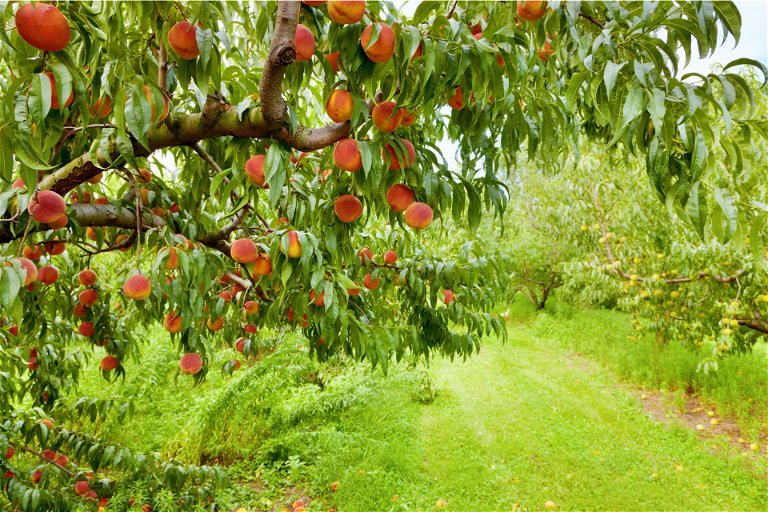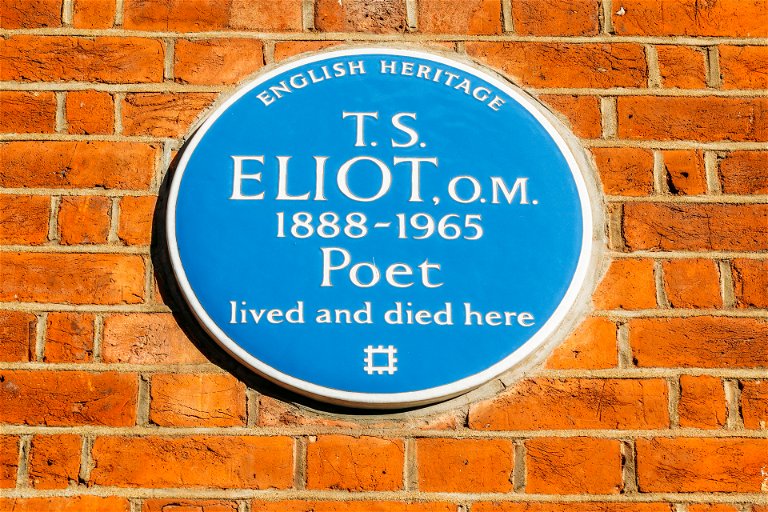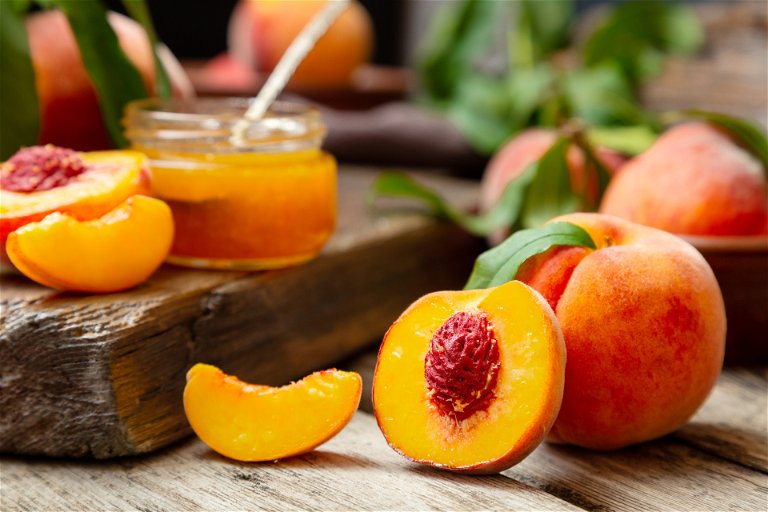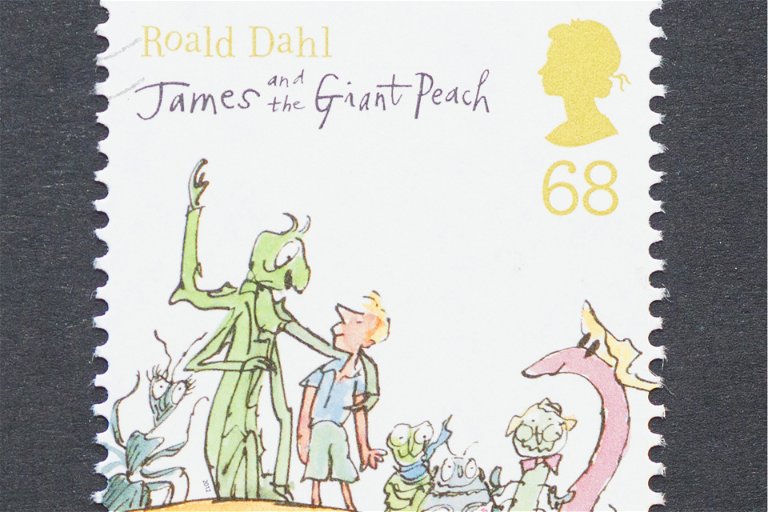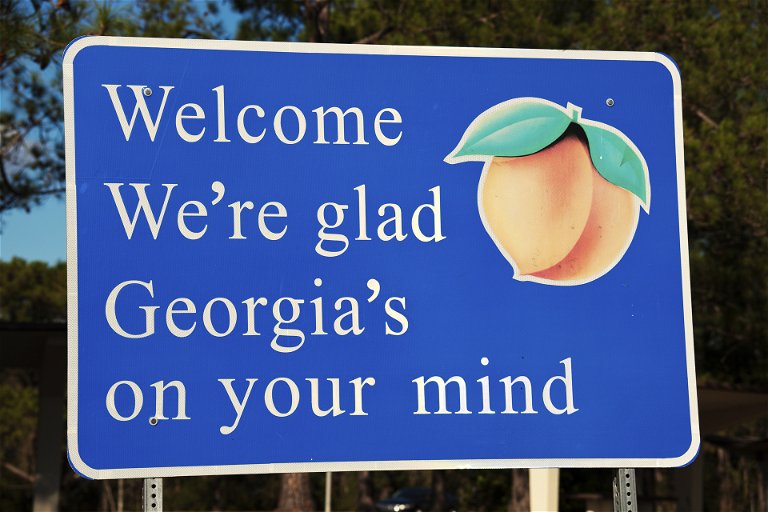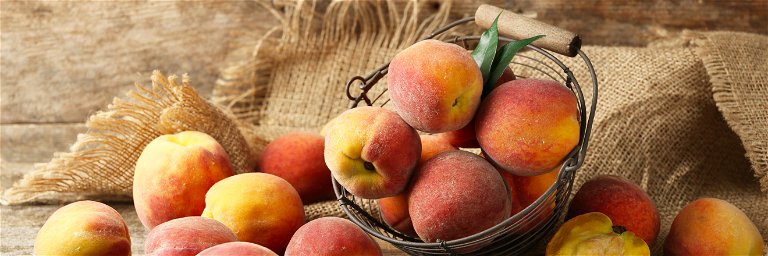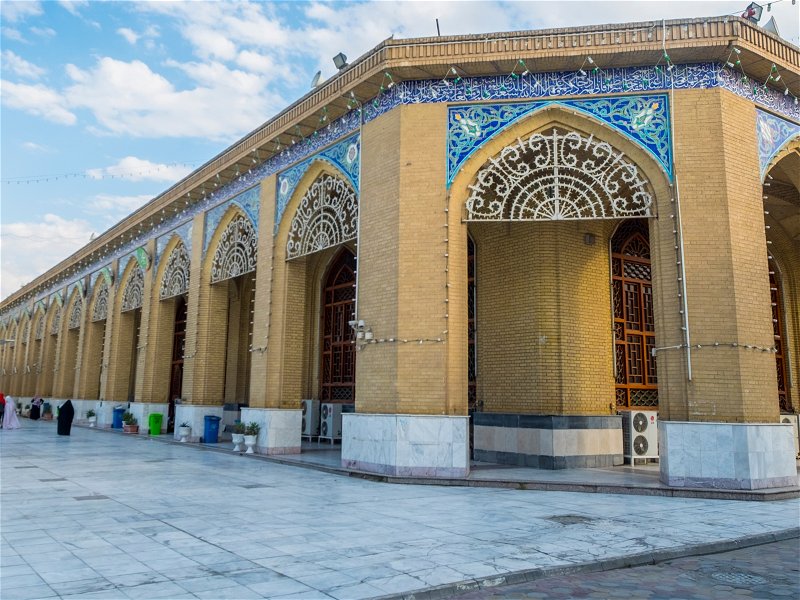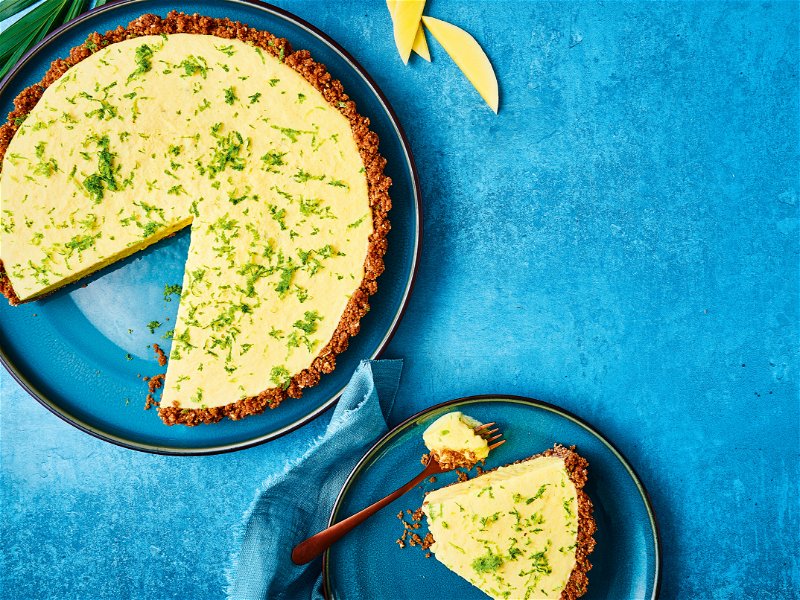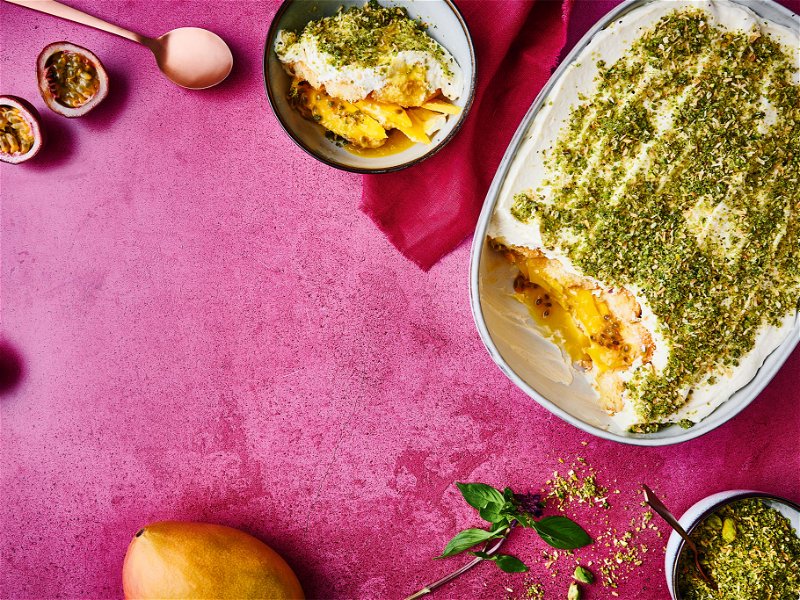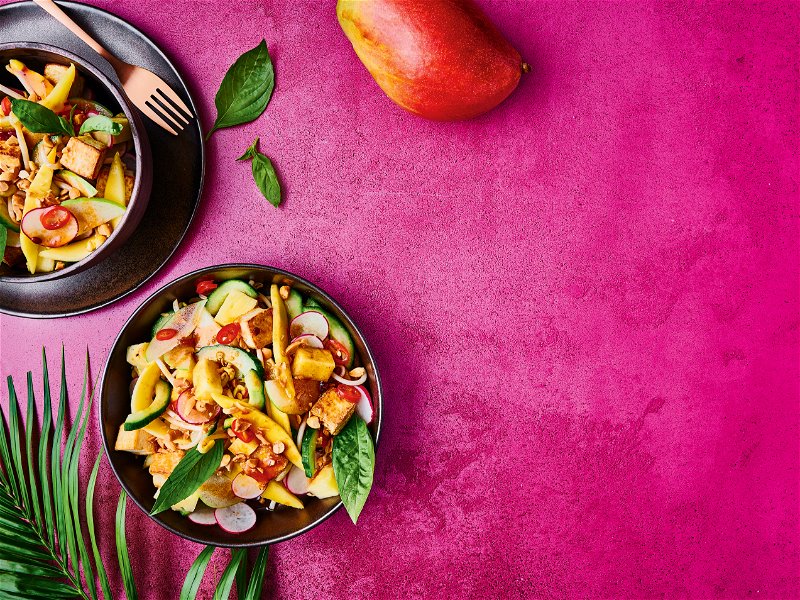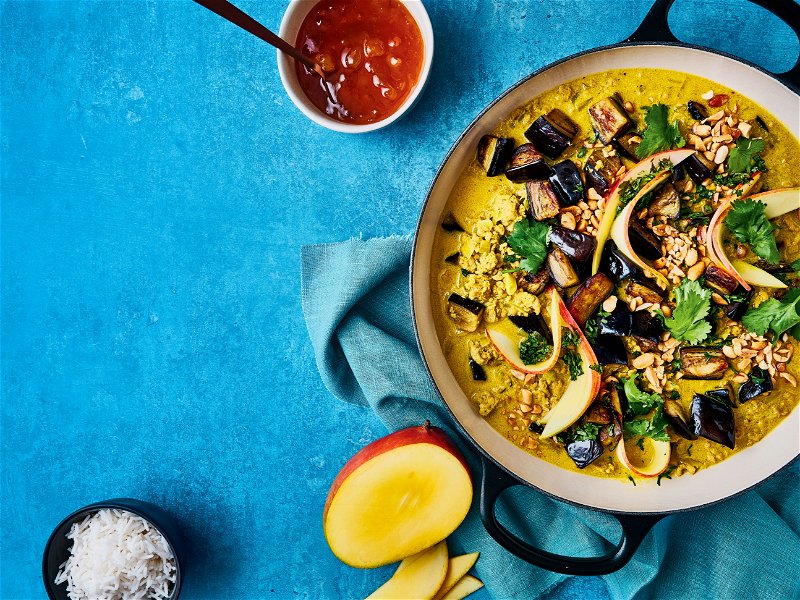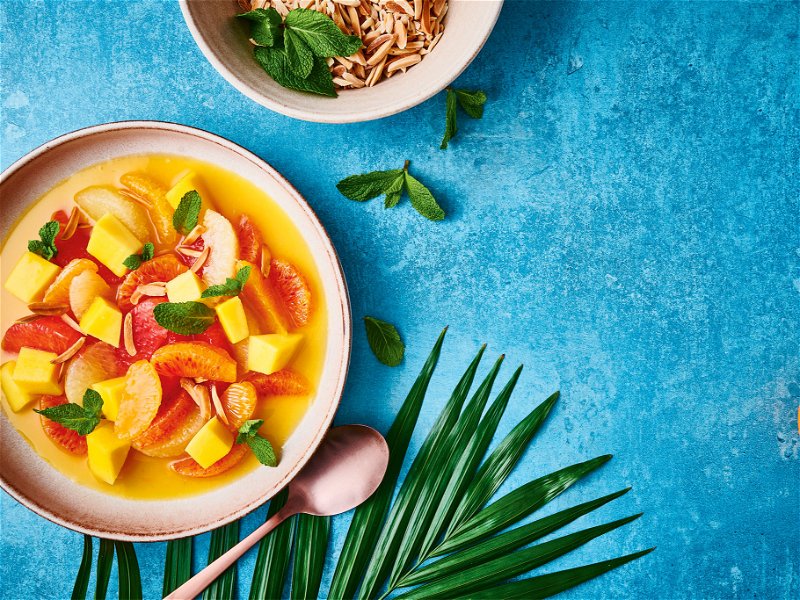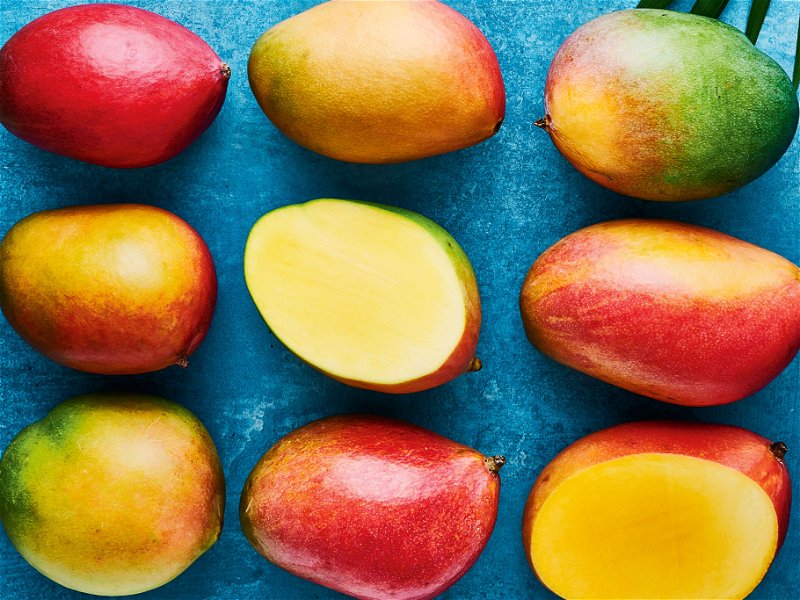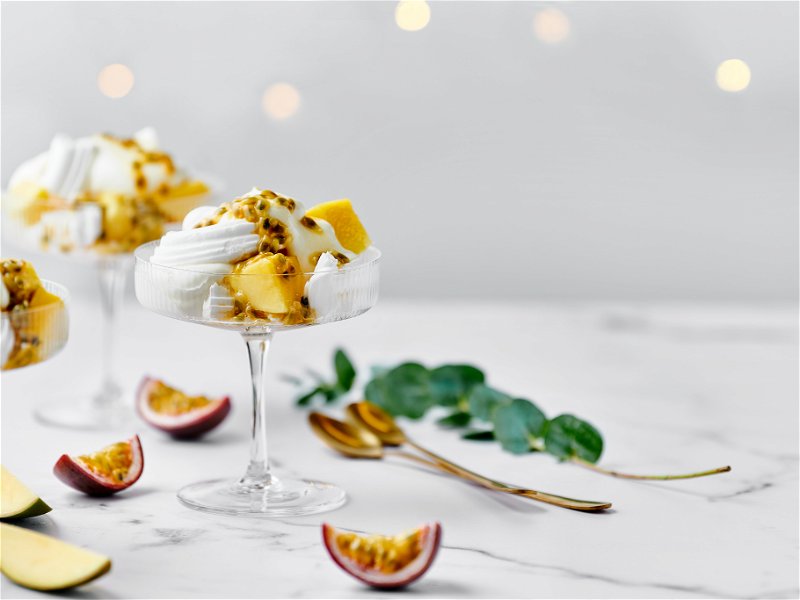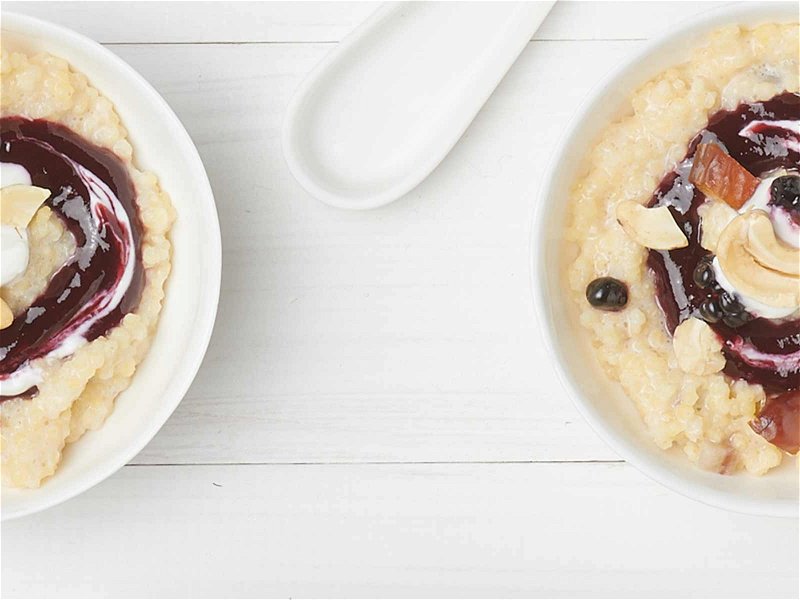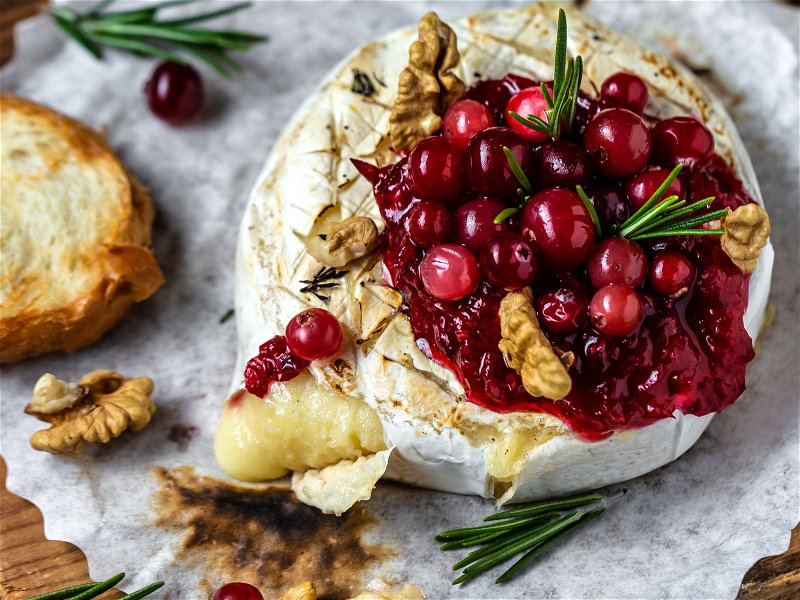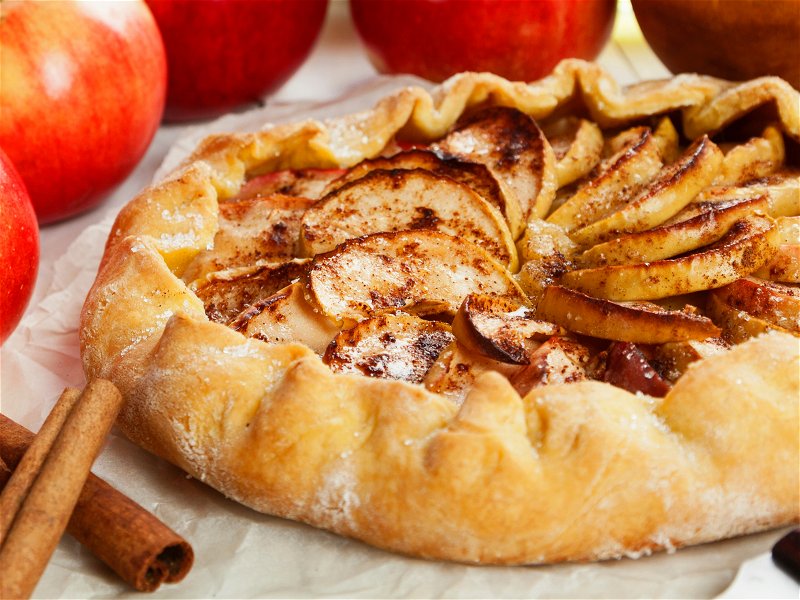Five Great Poems Featuring Peaches
Does your mouth water thinking about the first, perfect peach of summer? Here are five poems that capture the anticipation, pleasure and meaning wrapped up in this glorious fruit.
1. The Love Song of J Alfred Prufrock, TS Eliott
“I grow old... I grow old...
I shall wear the bottoms of my trousers rolled.
Shall I part my hair behind? Do I dare to eat a peach?
This is not a poem about peaches, yet the fruit forms one of its most memorable images. Published in 1915, this hopeless love song sees its carefree, romantic intentions extinguished by the narrator Prufrock’s socially awkward, uptight state of emotional repression. Filled with romantic ideas, yet paralysed around women, this is a man whose chronic anxiety cuts him off from the carefree pleasures of life.
And what can be more carefree or pleasurable than eating a peach? In the company of a lover the act is elevated to a more sensual, hedonistic experience; yet this narrator gives the distinct impression that he would be flustered and awkward even without an audience.
As Prufrock laments the fading of youth and all its pleasures – even if he has never been able to indulge himself – it’s clear that he fears even a soft, forgiving peach may pose too great a challenge for ageing teeth. Don’t be a Prufrock: devour that peach.
2. The Garden, Andrew Marvell
“What wond’rous life in this I lead!
Ripe apples drop about my head;
The luscious clusters of the vine
Upon my mouth do crush their wine;
The nectarine and curious peach
Into my hands themselves do reach;
Stumbling on melons as I pass,
Ensnar’d with flow’rs, I fall on grass.”
Like Alfred Prufrock, this narrator is not achieving much. In this case however, such inactivity is not induced by paralysing anxiety, but rather his dreamy contemplation of nature’s bounty.
By the time this work was published in 1681, poet and politician Andrew Marvell had survived a particularly unsettling few decades in English history that had included civil war, execution of the king, puritanical republic, restoration of the monarchy, a devastating plague and the Great Fire of London. The appeal of escapism is understandable.
Forget the promised pleasures of the afterlife, heaven is right here on earth in a garden. There’s certainly a religious tone to this worship of nature, a spiritual effect from his meditative contemplation. Then comes rapture as the narrator gorges freely on the plentiful fruit of this Eden.
Once again, the peach stands as a potent symbol of life’s great pleasures. Yet this is not about a yearning for some distant lover but rather an escape from the troubles of the outside world. The wider poem makes it clear that solitude can be a positive, even indulgent choice.
3. D.H. Lawrence, The Peach
Would you like to throw a stone at me?
Here, take all that’s left of my peach.
Blood-red, deep:
Heaven knows how it came to pass.
Somebody’s pound of flesh rendered up.
Wrinkled with secrets
And hard with the intention to keep them.
Why, from silvery peach-bloom,
From that shallow-silvery wine-glass on a short stem
This rolling, dropping, heavy globule?
I am thinking, of course, of the peach before I ate it.
Why so velvety, why so voluptuous heavy?
Why hanging with such inordinate weight?
Why so indented?
Why the groove?
Why the lovely, bivalve roundnesses?
Why the ripple down the sphere?
Why the suggestion of incision?
Why was not my peach round and finished like a billiard ball?
It would have been if man had made it.
Though I’ve eaten it now.
But it wasn’t round and finished like a billiard ball;
And because I say so, you would like to throw something at me.
Here, you can have my peach stone.
What would a peach be like if it were man-made? Can we improve on nature? When this poem was published in 1923, Britain had transformed itself over the preceding decades into a major industrial powerhouse. This technical prowess had been accompanied by a dramatic shift of the country’s population to cities, with employment increasingly provided by factories rather than agriculture.
Alongside other poems in his collection Birds, Beasts & Flowers, The Peach sees Lawrence consider the relative expertise of nature and mankind. He questions every aspect of the peach’s design. Could it be finessed? Or does all this meddling in nature cause more harm than benefit? Do we need to reconnect with the natural world? We might ask ourselves the same questions today.
4. The Centipede’s Song, Roald Dahl
“Now comes,” the Centipede declared, “the burden of my speech:
These foods are rare beyond compare – some are right out of reach;
But there’s no doubt I’d go without
A million plates of each
For one small mite,
One tiny bite,
Of this FANTASTIC PEACH!”
An ode of pure celebration that culminates dramatically with the object of the Centipede’s desire, this poem will be gloriously familiar to fans of that Roald Dahl children’s classic, James & The Giant Peach.
We might not share the Centipede’s curious passion for “jellied gnats and dandyprats and earwigs cooked in slime”; we might pass on “hot noodles made from poodles on a slice of garden hose”; but it’s easy to agree on the unsurpassable treat that is a perfect peach.
5. Peaches, Adrienne Su
“A crate of peaches straight from the farm
has to be maintained, or eaten in days.
Obvious, but in my family, they went so fast,
I never saw the mess that punishes delay.
I thought everyone bought fruit by the crate,
stored it in the coolest part of the house,
then devoured it before any could rot.
I’m from the Peach State, and to those
who ask But where are you from originally,
I’d like to reply The homeland of the peach,
but I’m too nice, and they might not look it up...”
Here peaches aren’t just a delicious childhood memory but a symbol of identity and belonging. Born and raised in Atlanta, Georgia – widely known as “The Peach State” – to Chinese immigrant parents, Adrienne Su uses this fruit as an anchor for her sense of nationality.
From peaches, the poem drifts into wider reminisces of life growing up between two cultures. This memory of plentiful fruit marks the success of her hard-working parents to keep food on the table, raising a new, very different generation.
